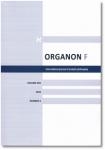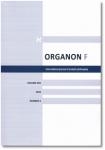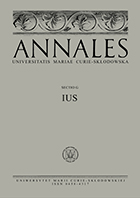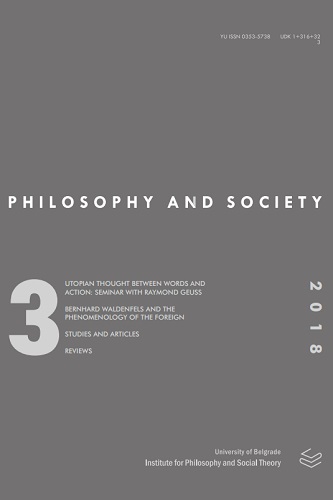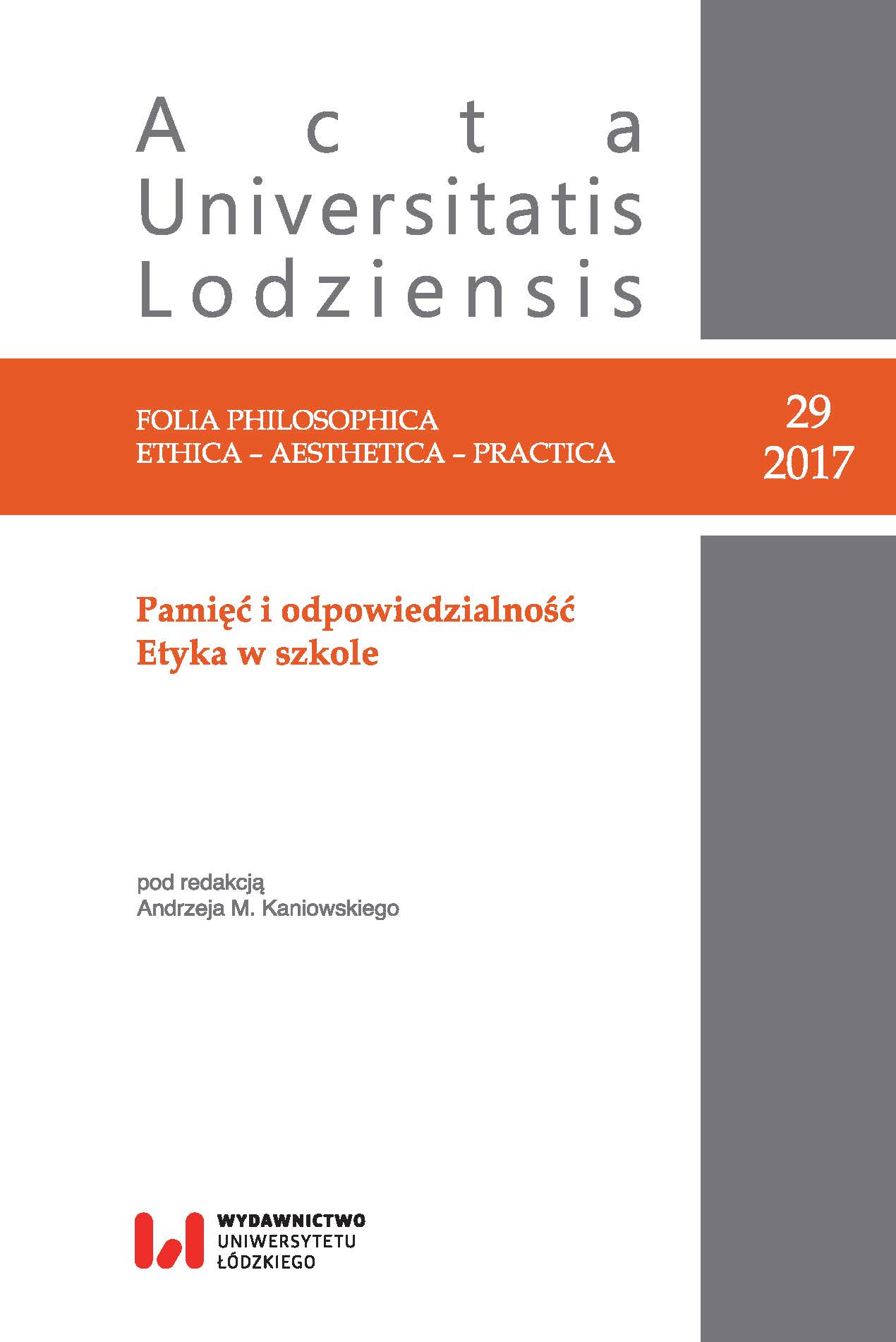
The Practical Authority of Normative Beliefs: Toward an Integrated Theory of Practical Rationality
People who do not act on their judgments regarding what they ought to do—their practical judgments—are often considered weak-willed, especially when the judgment is made at a time when the act it favors is plainly possible. Is this a kind of practical irrationality, perhaps due to an incoherence between practical reason, which should guide intention and action, and behavior that fails to conform to a guiding directive? More generally, do normative beliefs with the same kind of self-directive content as practical judgments possess the same sort of rational authority, if indeed they must have any such authority? At least since Aristotle, weak-willed action has often been considered irrational. This paper indicates why that view is plausible, but also why it is too strong. The paper shows how the practical authority of normative judgments can be overridden and why, on the theory of rational action suggested by analysis of such cases, certain initially plausible action-guiding principles are too strong. The concluding part of the paper briefly indicates how that theory can do justice to the analogy between practical and theoretical reason and to the essential connection between the two.
More...
